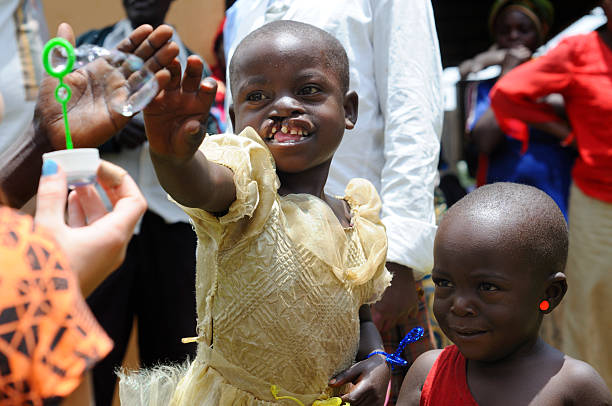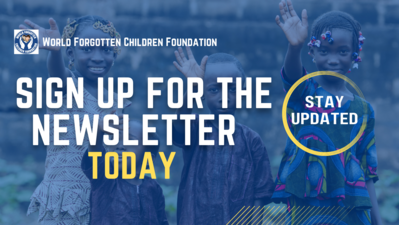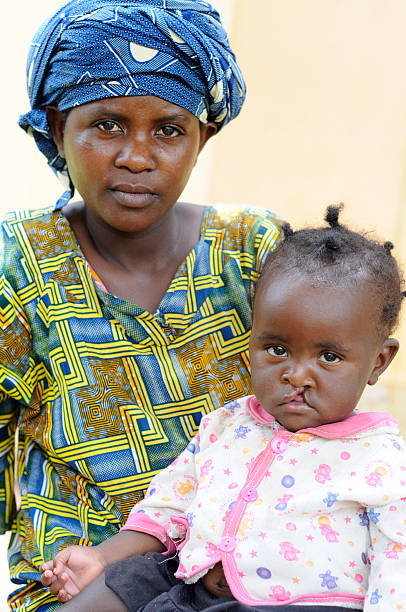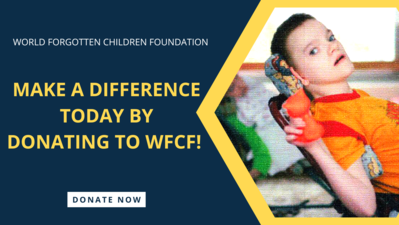
Cleft lip and cleft palate, collectively referred to as orofacial clefts, are among the most common congenital deformities worldwide, affecting thousands of children each year. These conditions occur when the tissues that form the lip or palate do not fuse properly during early pregnancy, resulting in a gap. While genetics play a key role, an increasing body of research reveals that socioeconomic factors, particularly poverty, significantly influence the likelihood of children being born with these conditions.
Poverty as a Major Risk Factor
Numerous studies suggest that poverty substantially heightens the risk of cleft lip and palate. Children born in low-income households and underdeveloped regions are disproportionately affected by orofacial clefts compared to those in wealthier areas. According to a study conducted by the Children's Hospital of Philadelphia (CHOP), children from impoverished communities face a greater risk of developing cleft lip and cleft palate due to inadequate prenatal care, poor maternal nutrition, and higher exposure to environmental hazards such as tobacco smoke and pollution.
Research highlights that mothers living in poverty are less likely to access quality healthcare services, including prenatal screenings and necessary supplements like folic acid, which are critical for preventing birth defects. Poor nutrition, particularly a lack of vitamins and minerals, is associated with an increased risk of congenital anomalies, including cleft lip and palate.

Malnutrition and Cleft Development
Malnutrition, a common consequence of poverty, has been strongly linked to the development of orofacial clefts. Adequate nutrition during pregnancy is vital for fetal development, and deficiencies in key nutrients such as folic acid, zinc, and vitamin A can increase the risk of cleft conditions. A report by Think Global Health emphasizes that malnutrition is a major factor contributing to these birth defects, as it affects the normal development of the fetus’s facial structures.
Additionally, mothers in impoverished regions often face food insecurity, which can lead to insufficient intake of essential nutrients. This lack of access to nutritious food disproportionately impacts the most vulnerable populations, leading to higher rates of cleft conditions in developing countries and low-income communities around the world.
Environmental and Social Stressors
Children born in poverty also face greater environmental stressors that can increase the likelihood of cleft lip and palate. Pregnant women in low-income areas are more likely to be exposed to harmful substances such as polluted air, unsafe drinking water, and household chemicals, all of which have been shown to contribute to birth defects. Additionally, tobacco use and alcohol consumption, which are more prevalent in lower-income populations, have been identified as risk factors for cleft conditions.
Moreover, maternal stress, often a result of financial hardship, lack of support, and limited access to healthcare, has been shown to negatively influence fetal development. The cumulative effect of these social and environmental stressors increases the risk of congenital conditions, including orofacial clefts.

The Global Disparity in Treatment Access
The burden of cleft lip and palate is not only higher among children in poverty but also extends to their ability to receive adequate treatment. Surgery to correct orofacial clefts is expensive and requires highly specialized care, which is often inaccessible to families in low-income regions. In many developing countries, children with cleft conditions face significant barriers to surgery, rehabilitation, and ongoing healthcare due to the high costs and scarcity of trained professionals.
Untreated cleft conditions can lead to severe health issues, including difficulty feeding, malnutrition, speech impairments, and social isolation. This underscores the importance of addressing both the prevention and treatment of cleft lip and palate in vulnerable populations.
How You Can Help
World Forgotten Children Foundation (WFCF) is a private non-profit effort, founded for the sole purpose of supporting projects that promote the health and welfare needs of underprivileged communities and orphaned children with disabilities in developing countries. Our mission is to ensure that these vulnerable populations receive the medical and therapeutic care they need, no matter where they are. Our vision is a world where every child has access to life-changing treatments and sustainable healthcare solutions.
You can help by donating to WFCF as we fund projects that provide essential care for children born with cleft lip and/or cleft palate in developing countries. Your support directly contributes to giving these children a chance to live healthier, fuller lives by breaking down the barriers created by poverty and disability.
Together, we can build a future where no child is left without the care they deserve.
Donate to WFCF

The mission of WFCF is to support projects that promote the health and welfare needs of underprivileged communities and orphaned children with disabilities in developing countries. Donate today.
_____________________________________________________________________________________________________________
Sources
- Alliance for Smiles. (n.d.). Orofacial Clefts and Associations with Poverty. https://www.allianceforsmiles.org/orofacial-clefts-and-associations-with-poverty/
- Kassebaum, N. J., McHugh, T. A., & Leach-Kemon, K. (2022, October 7). The Cleft Palate-Malnutrition Connection. Think Global Health. https://www.thinkglobalhealth.org/article/cleft-palate-malnutrition-connection
- Putri, F. A., Pattamatta, M., Anita, S. E. S., & Maulina, T. (2024). The Global Occurrences of Cleft Lip and Palate in Pediatric Patients and Their Association with Demographic Factors: A Narrative Review. Children (Basel, Switzerland), 11(3), 322. https://doi.org/10.3390/children11030322
- Vu, G. H., Warden, C., Zimmerman, C. E., Kalmar, C. L., Humphries, L. S., McDonald-McGinn, D. M., Jackson, O. A., Low, D. W., Taylor, J. A., & Swanson, J. W. (2022). Poverty and risk of cleft lip and palate: An analysis of United States birth data. Plastic and Reconstructive Surgery, 149(1), 169–182. https://doi.org/10.1097/PRS.0000000000008636
- Wang, D., Zhang, B., Zhang, Q., & Wu, Y. (2023). Global, regional and national burden of orofacial clefts from 1990 to 2019: an analysis of the Global Burden of Disease Study 2019. Annals of medicine, 55(1), 2215540. https://doi.org/10.1080/07853890.2023.2215540


